- The newly launched Innovation and Design for Global Grand Challenges MOOC explores current global challenges in conservation and development.
- The course is free and covers topics from wildlife trafficking to global health, 3D printing and synthetic biology.
- Launched in July 2016, the course has registered 1,500 students from 75 countries.
When looking at global environmental issues, it can be argued that development and conservation can no longer be approached as separate issues operating in individual silos. To facilitate and solve our world’s “wicked problems,” action needs to be taken that integrates often-distinct areas of expertise. To solve these grand challenges, practitioners must have both the skills and knowledge necessary to understand the complexity of the issues at hand and the capacity to implement and effect change.
In an ambitious effort to create a new group of thought leaders and problem solvers with cross-sector skills and knowledge, the newly launched Innovation and Design for Global Grand Challenges MOOC (Massive Open Online Course) introduces students to current challenges in conservation and development globally and aims to provide tools for solving these challenges.
As expressed by the course founder, “This is what, fundamentally, the course is about. How do we look at the world’s biggest challenges in conservation and development? How do you go through the process of rethinking how you solve them? What are the tools, technology, financial and behavioral, that you have available to address these challenges?”
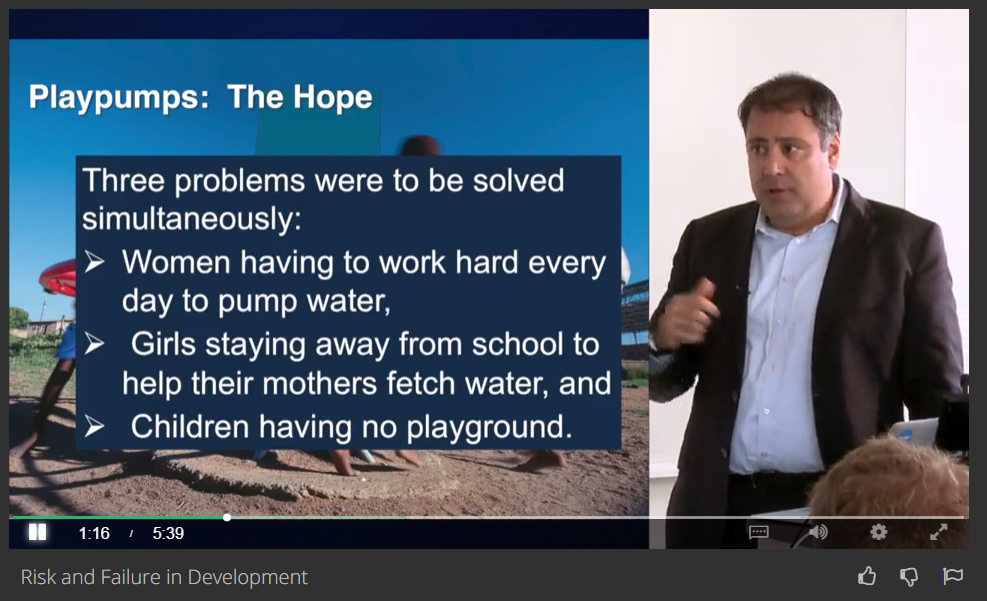
The course is the brainchild of Alex Dehgan, who has over the years played various roles in the worlds of both conservation and development. He served as the Chief Scientist to the United States Agency of International Development (USAID), created the first National Park in Afghanistan and founded Conservation X Labs. With his extensive resume and optimism for change, it is no surprise that this course fell within the realm of his ability. His labor of love is responsible for bringing together 25 global leaders in the fields of development, food security, health and conservation, and converging their skills and knowledge into the online course. And, as Dehgan passionately expressed in an interview, “You can’t be a conservation biologist today without understanding development. You cannot do development without thinking about the implications of what you’re trying to do in conservation biology.”
Dehgan believes education is key to solving global grand challenges, and he has backed his belief by creating this free, online course dedicated to equipping change-makers with the tools and knowledge needed to succeed. And since its launch in July 2016, the course has attracted 1,500 students from 75 countries.

The Course
The course took 18-months to prepare, with hundreds of hours of time donated by guest lecturers. The impressive list of guest lecturers includes conservationists, development and global health specialists, experts on 3D printing, synthetic biology, nanosatellites, wildlife trafficking and more.
Professor and Director of Environmental Studies at Ohio University, Geoffrey Dabelko, explained that the greatest strength of the course is that it “breaks open sectoral and disciplinary shackles to include experts and insight that range far and wide, providing a better match of complexity and diversity to what we see in natural and social systems. The challenges we face in conservation and development are complex yet we typically approach them within a small, select set of disciplines.”
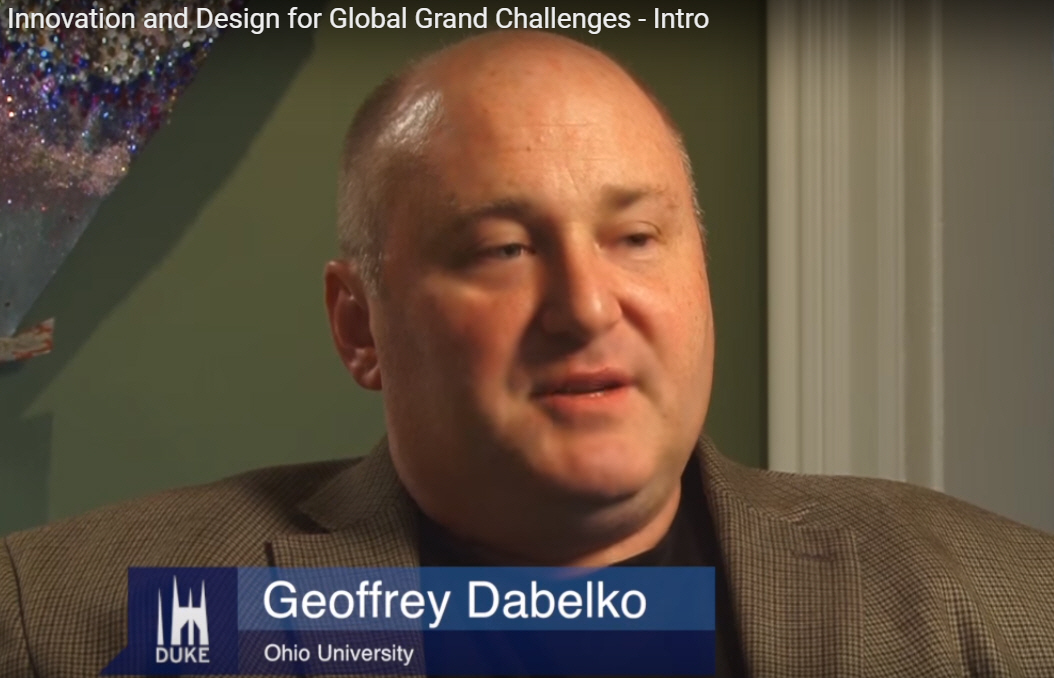
Hosted through Coursera, the Innovation and Design for Global Grand Challenges course is offered free online with support from Duke University. Designed to take five weeks, the course is broken into five modules, with each module containing a series of submodules (please see below for a breakdown of the course modules). For example, Module 2: Grand Challenges in Global Conservation contains submodules covering the future of conservation, wildlife trafficking and case studies from Madagascar.
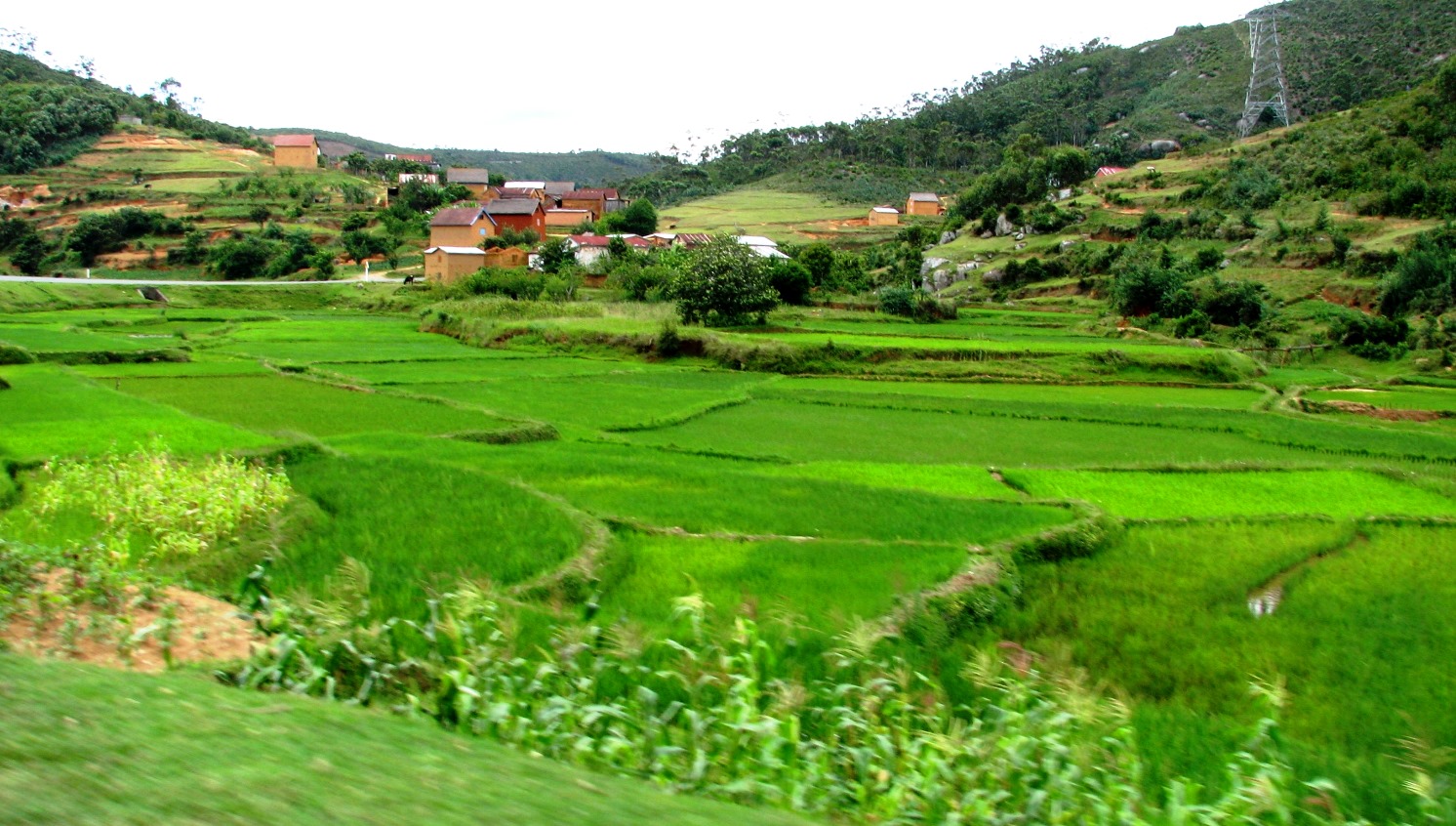
Modules include videos and lectures by influential leaders in corresponding industries, readings, discussion forums and assignments (quizzes, activities and peer-graded writing assignments). While the course is free, students can purchase a certificate of completion through the Coursera platform for $28.
The final activity of the course is to propose a new innovation, a new solution for conservation or development, and then to figure out how to move it from an idea to an innovation and from an innovation to an enterprise. The goal is for students to create a business plan and a pitch, which is then evaluated by fellow students and staff. Dehgan hopes in the future some of the proposed ideas will be implemented either through his organization, Conservation X Labs, or through other conservation or development organizations.
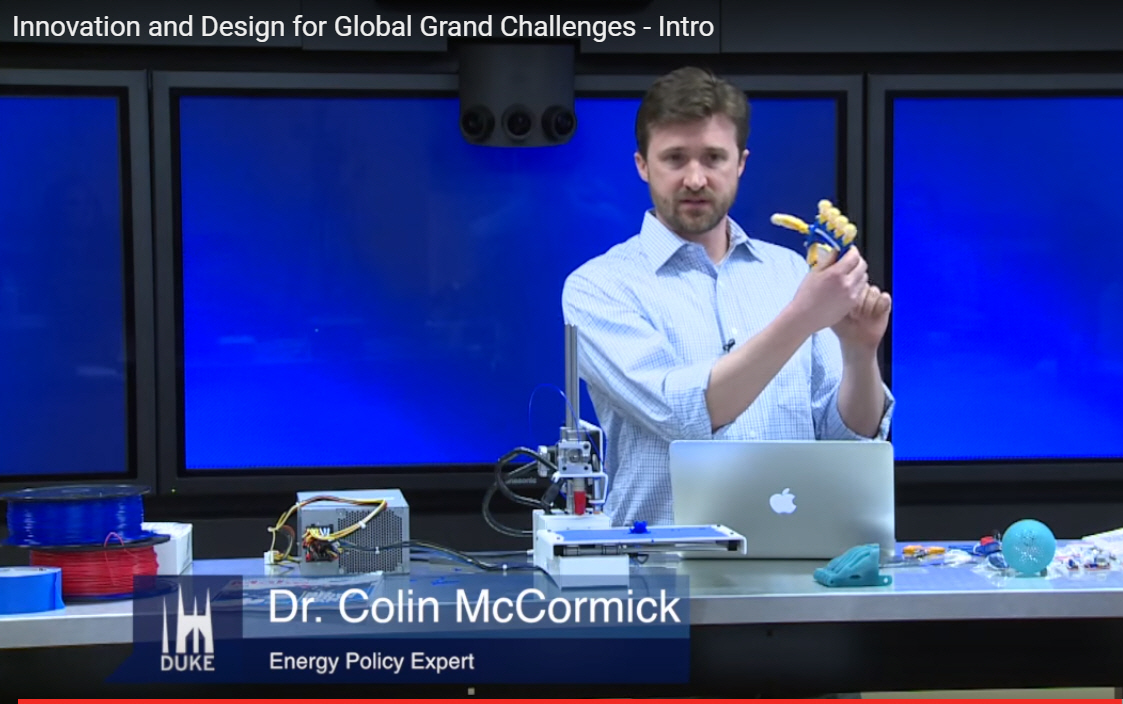
What to Expect
This is a standalone course, which means students can work through the content and lessons at their own pace. The course is said to require roughly 8-10 hours of work per week, though from our experience working through some of the modules, we expect it may take longer.
For example, the first module, Grand Challenges of Development, is comprised of five sub-modules that cover different aspects of development (food security, global health, humanitarian response). Between the five sub-modules, there are four hours of video content, 15 essential readings, additional recommended videos, five quizzes and an optional peer-graded writing assignment. The required readings are dense (ex. the 239-page UNDP Human Development Report 2014) and lack guidance on which sections to read specifically, leaving it up to the students to determine the importance of each reading and the time they are willing to invest.
It is ambitious to expect that students will complete the course in five weeks, especially if students dedicate only the expected 8-10 hours of work per week. But the flexibility of the course allows participants to digest the information and complete activities with no risk of consequence or financial commitment. Ultimately, it will be the student’s responsibility to determine their level of investment and commitment to completing the course based on their personal goals and what they are hoping to take away from the course.
Enrollment is advertised to begin on specific dates, but students can register and begin the course at their leisure. There is also no limit to the number of students that can be enrolled in the course, making it easy to join at any time.
Looking Forward
While teaching a similar course at Duke University, Dehgan felt that limited class sizes impeded the number of students he was able to teach and inspire. “The whole purpose of this course was to create a new generation of solvers to co-solve these problems and a take a fundamentally different approach than we had been taking before.” Currently, the course is only offered in English, but the “Meet and Greet” forum boasts students from Germany, Brazil, Thailand, Laos, Estonia, Australia and Costa Rica- an undeniably global group. Dehgan hopes to expand enrollment globally by translating the course into multiple languages.
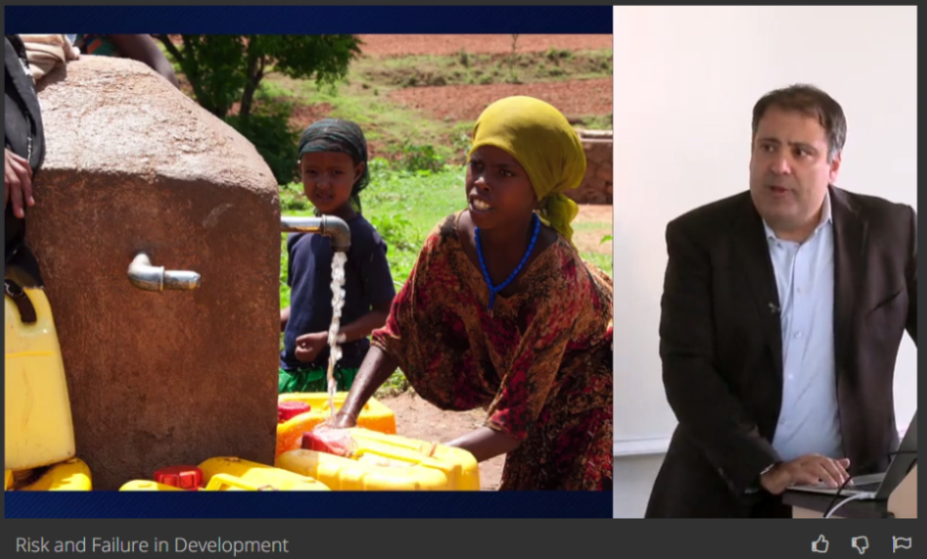
The course is packed with information on conservation and development challenges, solutions and case studies, though we observed that the focus is more on theory and the sharing of knowledge than on technical or skill development. Feedback from participants will be vital as the course irons out any Year 1 wrinkles. After the first year, Dehgan explained that the course will be fully evaluated with changes implemented based on user reviews.
As challenges facing conservation and development increase in size and complexity, it is essential that those committed to solving these challenges have the appropriate tools and knowledge to implement effective change. The free and open nature of the Grand Challenges course may both educate and inspire thousands of professionals who otherwise have limited access to the experts and information it offers, especially once it is able to respond to feedback from both current students and participating instructors. The course is a big leap in the right direction toward broadening conservation and development education, and as it adapts to feedback and results, we expect it will continue to add in tools for developing the specific skills most needed by the conservation and development communities.
Course Modules
Module 1: The Grand Challenges of Development
Module 2: The Grand Challenges of Conservation
Module 3: Exponential Technology & Open Source Innovation
Module 4: Behavioral Innovation, Financial Innovation, and Design Thinking
Module 5: The Art of the Start
The next course begins in September 2016. You can learn more about the course and register here.
